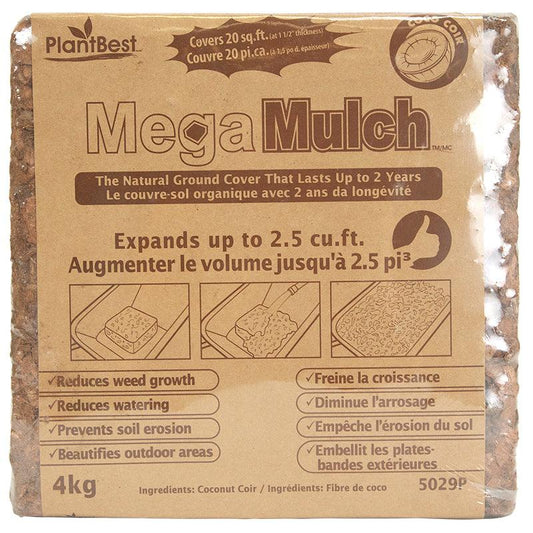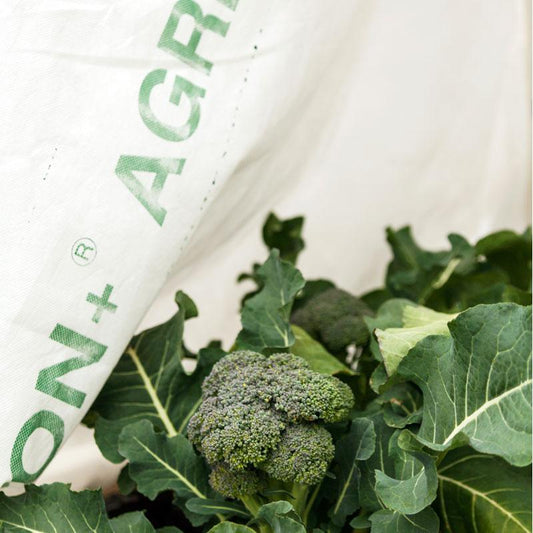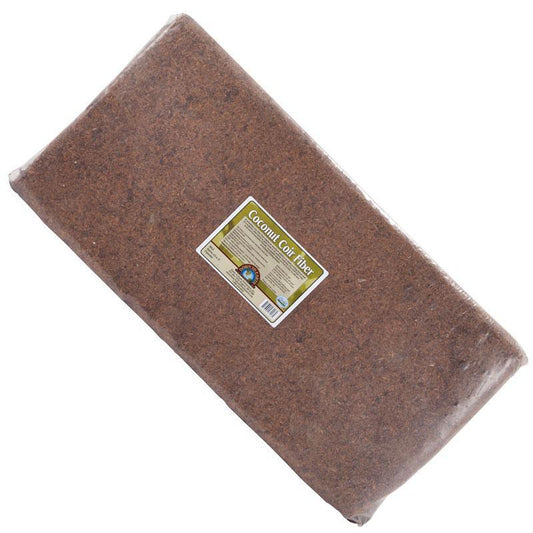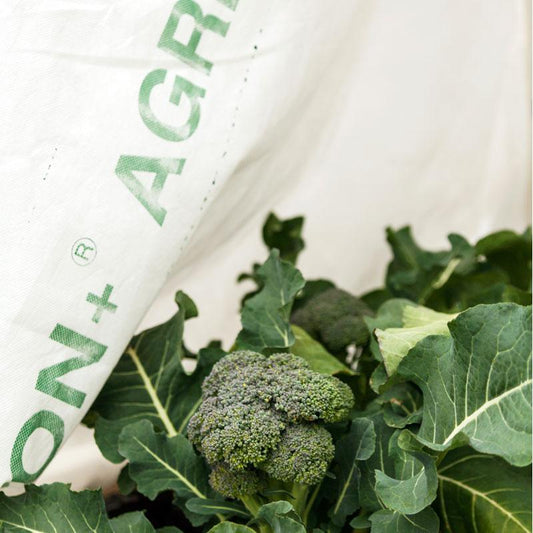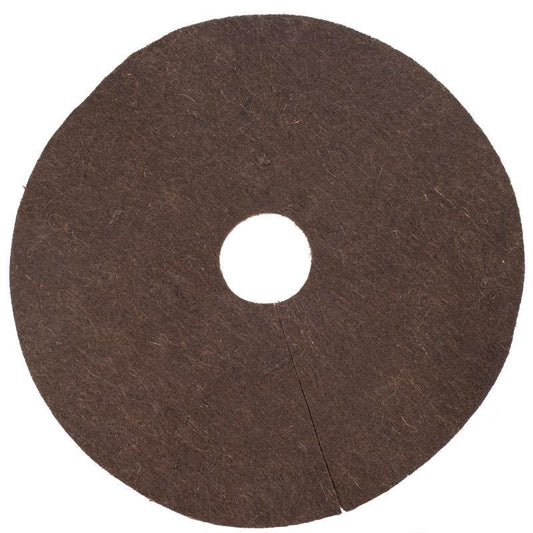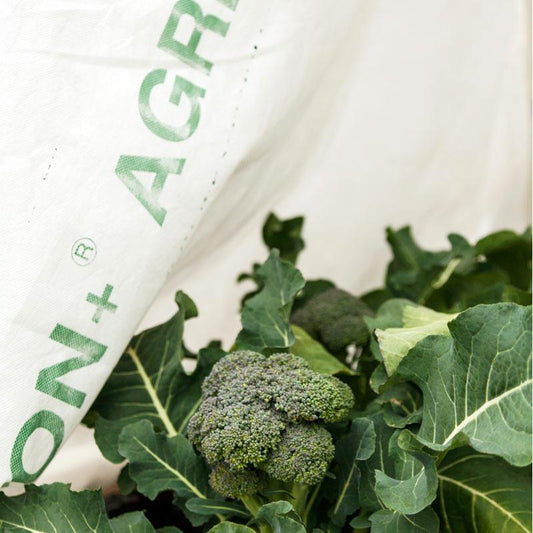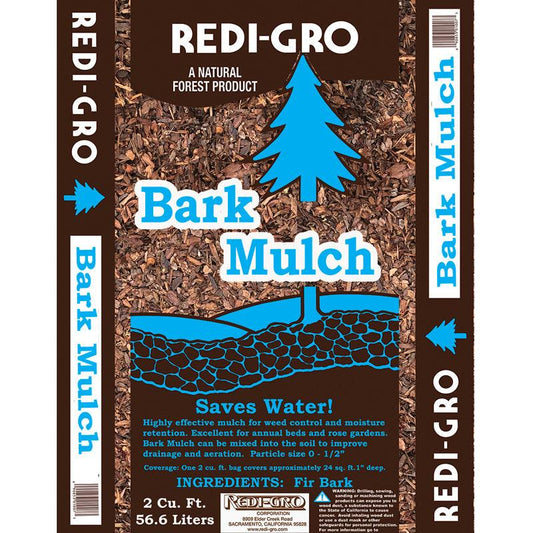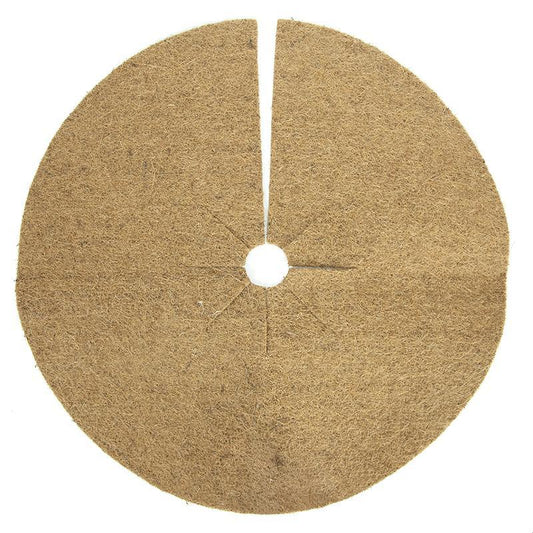Winter may seem like a time when your garden takes a break, but it's actually a crucial period for preparing your organic garden for the upcoming spring season. One of the most effective and sustainable ways to do this is by utilizing compost and mulch. Compost adds valuable organic matter to your soil, while mulch protects it from erosion, conserves moisture, and regulates soil temperature. In this comprehensive guide, we will delve into the benefits of using compost and mulch over the winter, focusing on how they can help maintain the health and fertility of your organic garden.
The Winter Garden Challenge
Winter can pose various challenges to your garden, including soil erosion, moisture loss, and temperature fluctuations. Cold temperatures and freezing conditions can have adverse effects on soil structure and the delicate balance of microorganisms within it. To ensure that your garden thrives come springtime, it's essential to address these challenges during the winter months.
The Role of Compost in Winter Garden Preparation
Compost is often referred to as "black gold" in the gardening world for its remarkable ability to enrich and rejuvenate soil. Adding compost to your garden over the winter has several benefits:
-
Increased Organic Matter: Compost is rich in organic matter, which enhances soil structure and fertility. It improves aeration and drainage in heavy soils while increasing water retention in sandy soils.
-
Nutrient Boost: Compost is a natural source of essential nutrients for plants, including nitrogen, phosphorus, and potassium. These nutrients become available to plants as the compost decomposes, providing a slow-release fertilizer for your garden.
-
Microbial Activity: Compost is teeming with beneficial microorganisms that play a vital role in breaking down organic matter, making nutrients more accessible to plants. Winter application allows these microorganisms to continue their work in the soil.
-
pH Regulation: Compost has a natural buffering effect on soil pH, helping to maintain it within an optimal range for plant growth.
-
Weed Suppression: Applying compost as a winter mulch can help suppress weeds, reducing competition for resources and making spring garden maintenance more manageable.
Utilizing Compost in the Winter Garden
To effectively use compost in your winter garden preparation, follow these steps:
-
Spread a Layer: Apply a layer of compost (1-2 inches) evenly over your garden beds. This can be done after the fall harvest or on any bare soil areas.
-
Protect Overwintering Plants: If you have perennials or overwintering plants, mulch them with a thicker layer of compost (2-3 inches) to provide insulation and nutrient replenishment.
-
Add to Composting Pile: Use any remaining compost to enhance your composting pile. This not only reduces waste but also ensures a fresh batch of compost for the upcoming gardening season.
The Benefits of Organic Mulch for Winter Protection
Mulch is an invaluable tool in gardening, especially during the winter months. Organic mulch, in particular, offers numerous advantages for protecting your soil and garden during winter:
-
Erosion Control: Organic mulch creates a protective barrier that prevents soil erosion caused by heavy rainfall or snowmelt. It holds the soil in place and reduces the risk of nutrient runoff.
-
Moisture Retention: Mulch acts as a moisture barrier, slowing down the evaporation of water from the soil. This helps maintain soil moisture levels, which can be critical for plant survival during dry winter spells.
-
Soil Temperature Regulation: Mulch acts as an insulator, buffering against extreme temperature fluctuations. It keeps the soil warmer during cold nights and cooler during warm spells, providing a more stable environment for plant roots.
-
Weed Suppression: Just like in the summer, mulch in the winter helps prevent weed growth. This minimizes competition for resources and reduces the need for weeding when spring arrives.
-
Protection for Beneficial Organisms: Mulch provides shelter for beneficial insects and microorganisms that play essential roles in soil health and nutrient cycling.
Choosing the Right Mulch
When selecting mulch for your winter garden, opt for organic materials such as straw, shredded leaves, wood chips, or bark. These materials break down over time, adding organic matter to the soil as they decompose. Avoid using materials that may contain weed seeds or harmful chemicals.
Applying Organic Mulch in Winter
To protect your garden with organic mulch over the winter, follow these steps:
-
Clear the Garden: Remove any dead or decaying plant material to prevent disease and pests from overwintering in the garden.
-
Apply a Layer of Mulch: Spread a 2-3 inch layer of organic mulch evenly over the soil surface, leaving a small gap around the base of plants to prevent rot.
-
Mulch Around Perennials: Pay special attention to perennials, shrubs, and trees. Apply a thicker layer of mulch (3-4 inches) around their bases to insulate their roots.
-
Replenish as Needed: Check the mulch periodically throughout the winter and replenish it if it becomes compacted or starts to break down.
Winter Garden Maintenance
While compost and mulch offer essential benefits during the winter months, it's also crucial to stay engaged with your garden during this period:
-
Monitor Soil Moisture: Check the moisture levels in your garden periodically. If the soil is dry, provide supplemental watering to prevent it from becoming too parched.
-
Remove Snow Buildup: If your region experiences heavy snowfall, gently brush snow off plants and shrubs to prevent damage.
-
Inspect for Pests: Check your garden for signs of pests, and take appropriate measures to control any infestations.
In Summary
Preparing your organic garden for spring begins during the winter months. Compost and mulch play vital roles in protecting your soil, conserving moisture, and maintaining temperature stability. The organic matter from compost enriches your soil, while mulch acts as a protective shield against erosion, moisture loss, and temperature fluctuations. By following these practices, you'll ensure that your garden is ready to thrive when the warmer weather arrives, promoting healthy plant growth and bountiful harvests in the coming season.
Additional References
-
Preparation and Maintenance (From "Piedmont Master Gardeners"): Before winter, it's recommended to clear the garden of old mulch, weeds, and invasive plants. Cardboard or newspaper should be laid as a barrier under the mulch to prevent weed growth. Mature wood chip or bark mulch is advisable, keeping it away from plant bases to prevent mold. Winter is also a suitable time for garden repairs and planning.
-
Composting Practices (From "Piedmont Master Gardeners"): Winter composting requires covering mature piles and starting new ones with yard waste and grass clippings. Coffee grounds are a good nitrogen source for compost. For detailed composting principles, various guides and resources are available.
Winter prep isn’t just about boosting fertility—it’s also a good time to get ahead of soilborne pests. If you’ve had problems with stunted plants or damaged roots in the past, consider addressing potential nematode issues now. Browse our root-knot nematode treatment collection for organic control solutions to use before spring planting.
Resource Area
Winter Garden Maintenance
Stay active with seasonal garden chores to protect your beds and prep for spring:
- Winter Garden Checklist – Practical tips like applying compost, mulching, and clearing debris to prevent disease.
- Winter Composting in the Willamette Valley – Shows how to manage compost piles effectively even during the wet, cold season.
Growing in Bale or Bundle Beds
Turn your hay bundle into a productive garden bed with straw bale growing principles and bale-based planting methods:
-
How to Grow in Straw Bales – Step-by-step guide on preparing, conditioning, and planting in straw bales.


